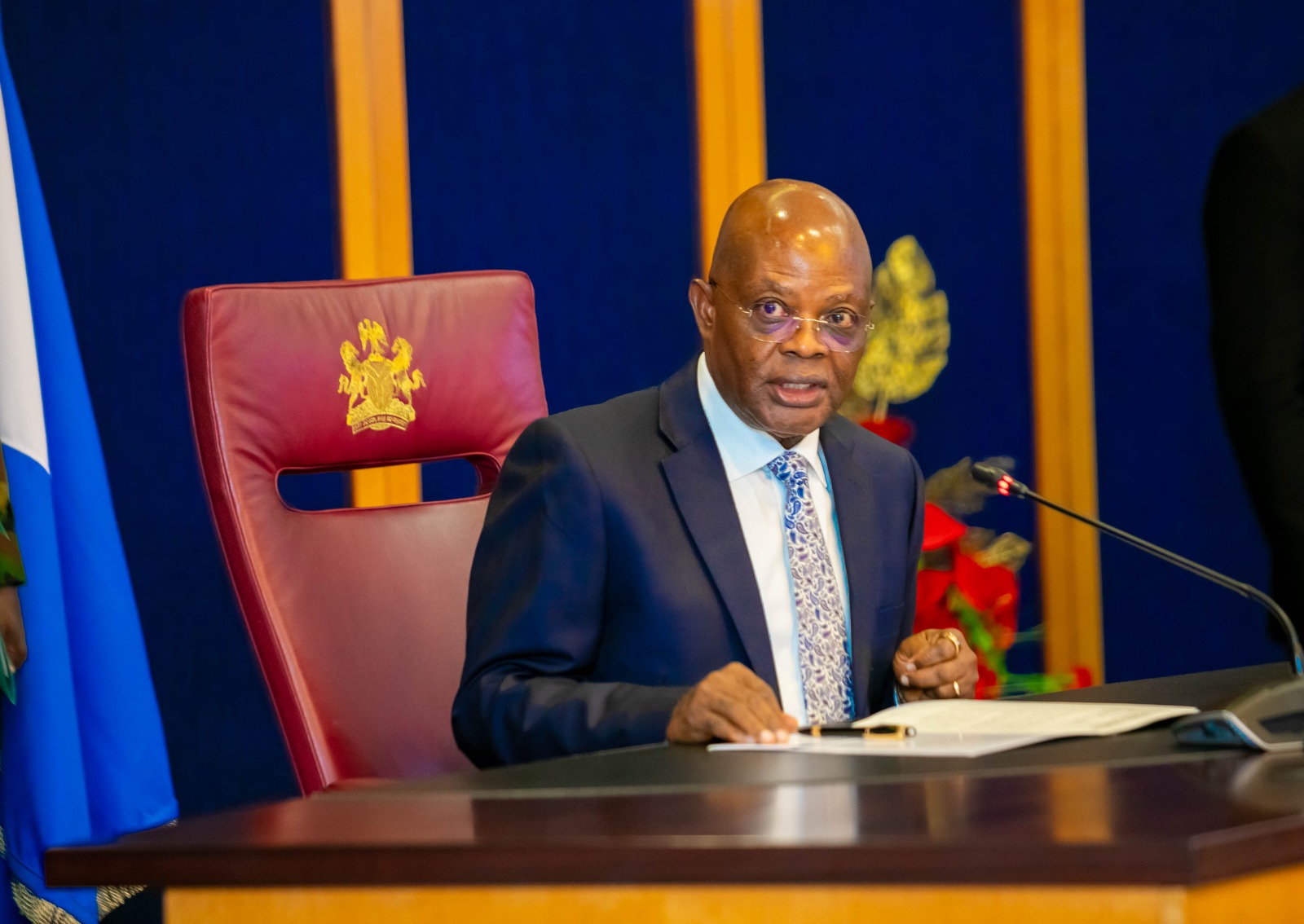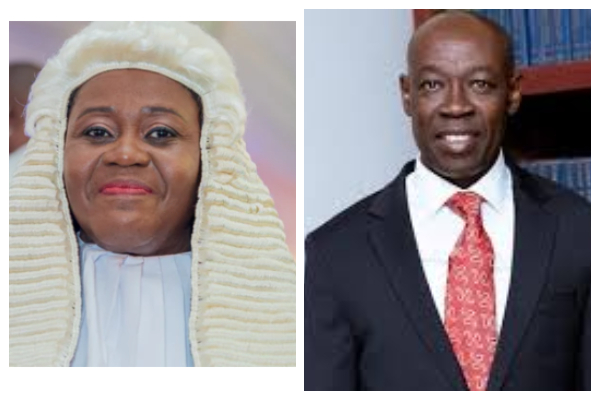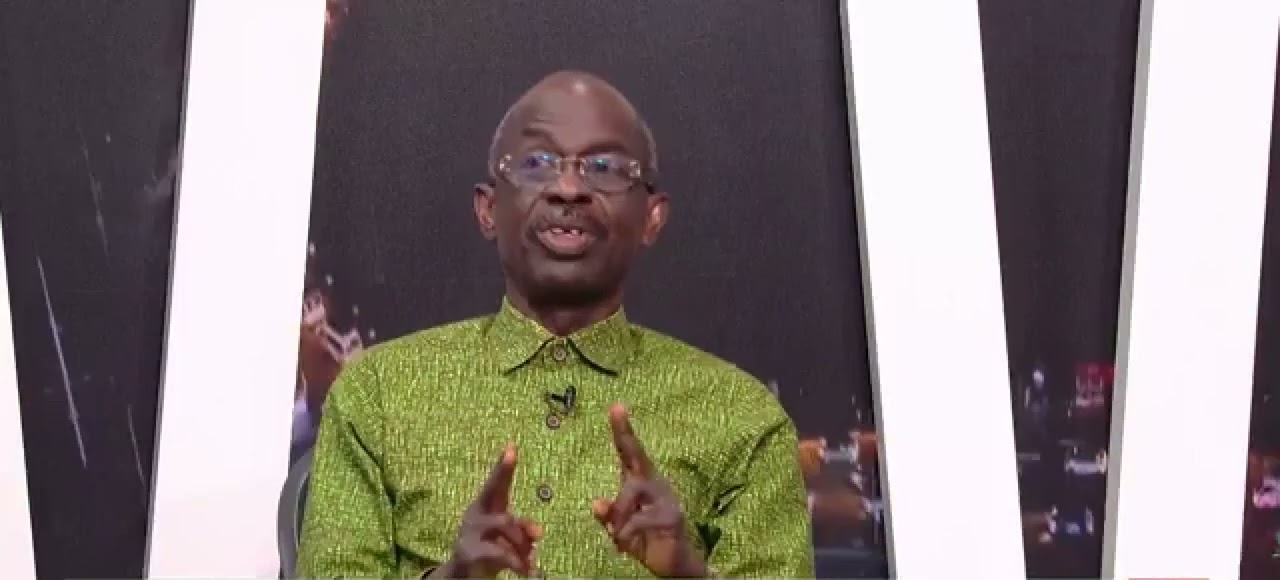Kenya Revenue Authority & another v Ali (Civil Application E107 of 2024) [2025] KECA 1080 (KLR) (20 June 2025) (Ruling)
1.Kenya Revenue Authority (KRA), and the Commissioner for Customs & Border Control (the 1st and 2nd applicants respectively), filed a Notice of Motion dated 25th September 2024 under Sections 3A and 3B of the Appellate Jurisdiction Act, rules 5(2) (b) and 42 of the Court of Appeal Rules, 2022 seeking for orders:1.… spent2.…spent3.That pending the hearing and determination of the intended Appeal, a conservatory order be issued, staying the judgment of the High Court requiring the Applicants to conduct public participation on Centralization of Head Verification Officers, an internal operational decision.4.….spent5.That pending the hearing and determination of the intended Appeal, a conservatory order be issued, staying the judgment of the High Court prohibiting and/or estopping the Applicants from further operationalization of the Centralization of Head Verification Officers, an internal operational decision.6.That the costs incidental to this Application do abide the result of the said intended Appeal.
2.The application is premised on the grounds on its face and the supporting affidavit sworn on even date by Kenneth Mbobua, an officer appointed in accordance with Section 13 of the Kenya Revenue Authority Act. The grounds are that the superior court in its ruling issued orders restraining the applicants from further implementation of centralization of Head Verification Officers, unless public participation is conducted.
3.The applicants depose that the centralization of the Head Verification Officers is an internal operational decision of the applicants, involving the deployment of its staff within the 1st applicant’s various offices, and does not require public participation. Further, that Section 5(2) of the East African Customs Management Act mandates the 2nd applicant to undertake the general management and control of customs, including internal deployment of its staff and internal operational decisions that do not require any public participation.
4.The applicants depose that, if the orders sought are not granted, the superior court will have interfered with the applicants’ statutory mandate that involves the deployment of staff to collect taxes and efficiently perform the role of border protection at the borders of Kenya; that the applicants will be forced to expend public resources on public participation on internal operational decisions where such public participation is not required, leading to wastage of public resources and valuable time; and that the resources will not be recoverable if the orders sought are not granted and the appeal succeeds.
5.It is averred that the orders granted by the superior court have tied the applicants’ hands, and that they cannot efficiently and effectively deploy staff in roles that best fit the staff, in the critical areas of collection of customs revenue and border control. It is deposed that this will result in irreparable harm, including: revenue collection challenges; increase in smuggling and fraud risks; delays in customs processing; deterrence of foreign investors and trading partners; resource misallocation; rise in operational costs; non-compliance with international standards and local laws; and negative public perception.
6.The applicants depose that they will suffer if the orders sought are not granted as the revenue that would have been collected running into hundreds of millions of shillings in taxes, and the desired efficiencies that would result from the implementation of internal operational decisions on centralization of Head Verification Officers would have no way of being remedied; and that they have an arguable appeal as evinced by the draft memorandum of appeal annexed to the application.
7.In rebuttal, the respondent swore and filed a replying affidavit dated 11th October 2024 and deposed that his main complaint was that there was no public participation undertaken prior to implementing the new system, a fact admitted by the applicant; that the public is subjected to massive delays and loss of revenue by the applicant refusing to obey the decree of the superior court; that the intended appeal has no chance of success; and that this application is part of a wide scheme and a tactic of delaying the enjoyment of the fruits of the judgment by the respondent and members of the public.
8.The applicants additionally filed a supplementary affidavit sworn by Kenneth Mbobua on 11th October 2014 deposing that the respondent did not comply with the directions of this Court requiring him to file his reply three days after the application was certified on 3rd October 2024. They pray that the application be deemed as unopposed, and that the prayers sought in the Motion be granted.
9.The applicants further depose that no notice was given to them on the delivery date and that, therefore, there was no appearance by the applicants on the date of the judgement before the superior court which would have afforded them the opportunity to apply for stay in the High Court.
10.This l application was canvassed by way of written submissions.
11.The firm of Messrs. Pius N, Elisha Advocates filed written submissions dated 11th October 2024 on behalf of the applicants and urge that they have satisfied the two limbs required to avail them the prayers sought under rule 5(2) (b) of this Court’s Rules, 2022.
12.On the first limb, which is whether the intended appeal is arguable, the applicants argue that the intended appeal raises a fundamental constitutional issue as to whether public participation is required for internal operational decisions, specifically the centralization of Head Verification Officers. They contend that this decision falls under their mandate pursuant to Section 5(2) of the East African Customs Management Act, and do not require public participation for such internal reorganizations. The order for public participation, they contend, contradicts established legal principles.
13.On the second limb, the applicants assert that the appeal will be rendered nugatory with irreversible consequences if the stay is denied. Further, that conducting public participation as ordered by the High Court will entail significant unrecoverable expenses, and the delay in implementing the centralization decision will result in the loss of hundreds of millions of shillings in tax revenue and delay of the intended efficiencies of the operational changes. These losses, they argued, were unquantifiable and will not be remedied by damages.
14.In opposition, the firm of Messrs. Mogaka, Omwenga & Mabeya Advocates filed submissions dated 17th October 2024 on behalf of the respondent and relied on Kenya Commercial Bank Ltd v Benjoh Amalgamated Ltd & Anor KECA [2014] 872 (KLR); and David Morton Silverstein v Atsango Chesoni [2002] KECA 287 (KLR), to argue that the applicants have failed to demonstrate how the appeal will be rendered nugatory if the stay sought is denied. They emphasize that the public interest favors upholding the High Court decision, which mandates public participation to protect stakeholders' constitutional rights.
15.We have carefully considered the application before us, the grounds advanced in support thereof, the respondent's reply, the written submissions filed by both parties, and the applicable legal principles. For an application brought under rule 5 (2) (b) to succeed, the applicant must satisfy the twin principles of the arguability of the appeal and the appeal being rendered nugatory if it should succeed.
16.We availed ourselves of this Court’s findings in Trust Bank Limited and Another v Investech Bank Limited and 3 Others [2000] eKLR where the Court delineated the jurisdiction of this Court an application of this nature as follows:“The jurisdiction of the Court under Rule 5 (2)(b) is original and discretionary and it is trite law that to succeed an applicant has to show firstly that his appeal or intended appeal is arguable, to put another way, it is not frivolous and secondly that unless he is granted a stay the appeal or intended appeal, if successful will be rendered nugatory. These are the guiding principles but these principles must be considered against facts and circumstances of each case.”
17.In considering whether the intended appeal is arguable, this Court stated in Stanley Kangethe Kinyanjui V Tony Ketter & 5 others [2013] eKLR that:“vi)On whether the appeal is arguable, it is sufficient if a single bonafide arguable ground of appeal is raised. Damji Pragji Mandavia v Sara Lee Household & Body Care (K) Ltd, Civil Application No. Nai 345 of 2004.vii)An arguable appeal is not one which must necessarily succeed, but one which ought to be argued fully before the court; one which is not frivolous. Joseph Gitahi Gachau & Another v. Pioneer Holdings (A) Ltd. & 2 others, Civil Application No. 124 of 2008.
18.Bearing in mind that an arguable appeal is not one which must necessarily succeed, but one which ought to be argued fully before the court, and one that is not frivolous, we find that the question as to whether the centralization of Head Verification Officers requires public participation, or whether it is an internal operational decision that does not require public participation, is an arguable ground of appeal.
19.On the nugatory aspect, the Court in Stanley Kangethe Kinyanjui (supra) held that:“ix)The term “nugatory” has to be given its full meaning. It does not only mean worthless, futile or invalid. It also means trifling. Reliance Bank Ltd v Norlake Investments Ltd [2002] 1 EA 227 at page 232.x)Whether or not an appeal will be rendered nugatory depends on whether or not what is sought to be stayed if allowed to happen is reversible; or if it is not reversible whether damages will reasonably compensate the party aggrieved.”
20.The applicants aver that conducting public participation as ordered by the High Court will entail significant unrecoverable expenses, and that the delay in implementing the centralization decision will result in loss of hundreds of millions of shillings in tax revenue and delay the intended efficiencies of the operational changes. These losses, they argue, are unquantifiable and will not be remedied by damages. We therefore find that absent stay, should the appeal succeed, it would be rendered nugatory.
21.Accordingly, it is our finding that the applicants have met the requisite threshold for granting conservatory orders under rule 5(2) (b). The upshot is that the application dated 25th September 2024 succeeds and is hereby allowed. The costs shall abide the outcome of the appeal.It is so ordered.
DATED AND DELIVERED AT MALINDI THIS 20TH DAY OF JUNE, 2025DR. K. I. LAIBUTA CArb, FCIArb......................................JUDGE OF APPEALL. ACHODE.....................................JUDGE OF APPEALG. W. NGENYE - MACHARIA.....................................JUDGE OF APPEALI certify that this is a True copy of the originalSignedDEPUTY REGISTRAR











